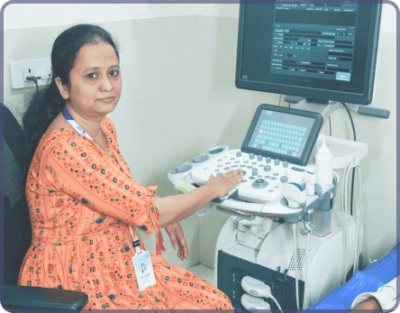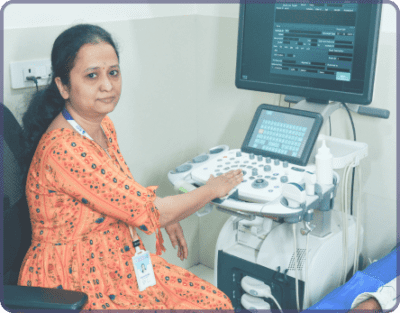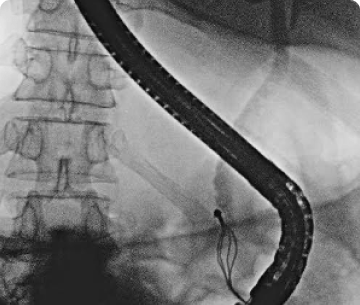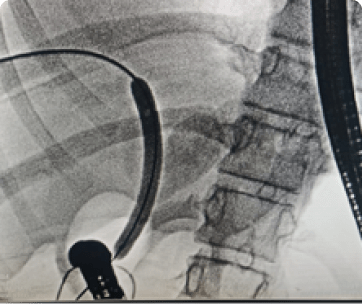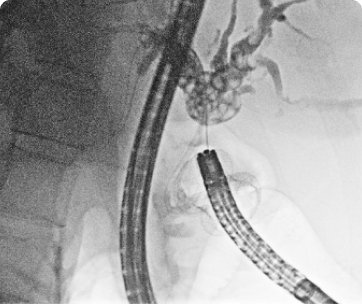UPPER GI ENDOSCOPY
Endoscopy is looking inside body through an optical instrument. There are many types of endoscopies named after organs that are visualized.
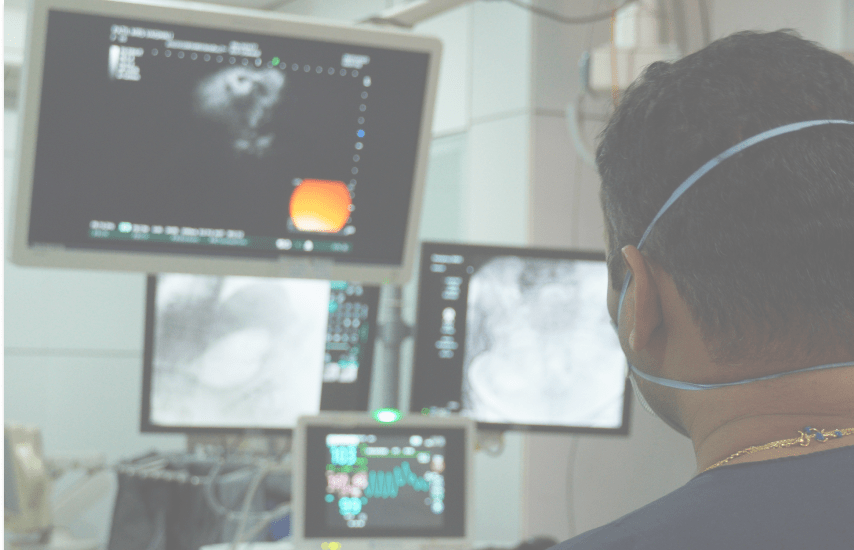
UPPER GI ENDOSCOPY

Endoscopy is looking inside body through an optical instrument. There are many types of endoscopies named after organs that are visualized.
An Upper GI endoscopy, also known as esophagas endoscopy(EGD) is a procedure used to visually examine your upper digestive system, which includes esophagus, stomach and duodenum (first part of the small intestine)using a lighted, flexible fiberoptic or video endoscope.
A gastroenterologist (a specialist in diseases of the digestive system) uses an endoscope to diagnose and, sometimes, treat conditions that affect the upper digestive system.
An Upper GI endoscopy, also known as Esophagas endoscopy(EGD) is a procedure used to visually examine your upper digestive system, which includes esophagus, stomach and duodenum (first part of the small intestine)using a lighted, flexible fiberoptic or video endoscope. A gastroenterologist (a specialist in diseases of the digestive system) uses an endoscope to diagnose and, sometimes, treat conditions that affect the upper digestive system.
1,11,1000+ CASES HANDLED
3 HI-TECH ENDOSCOPY DEVICES
5+ SPECIALIST GI ENDOSCOPIST
A supple, flexible thin tube [ Gastroscope] is passed through the mouth to examine the Upper Digestive tract. This endoscope has High Definition camera & light for illumination.
Colonoscopy :
A supple flexible tube fitted with High Definition camera & light is passed through the anus to visualize the large intestine ( Colon ) & rectum.
Before Colonoscopy, the intestines are cleared of stools by giving oral laxatives to the patient. This colonoscopy preparation typically takes 4 to 8 hours. During a colonoscopy, the patient may experience mild transitory pain for which few patients are given light anesthesia. The patient can go home the same day.
Colonoscopy is advised in case of repeated diarrhea, recent constipation, blood in stool, anemia due to blood loss, pain in the stomach associated with passing motion, etc.
A supple, flexible thin tube [ Gastroscope] is passed through the mouth to examine the Upper Digestive tract. This endoscope has High Definition camera & light for illumination.
Colonoscopy :
A supple flexible tube fitted with High Definition camera & light is passed through the anus to visualize the large intestine ( Colon ) & rectum.
Before Colonoscopy, the intestines are cleared of stools by giving oral laxatives to the patient. This colonoscopy preparation typically takes 4 to 8 hours. During a colonoscopy, the patient may experience mild transitory pain for which few patients are given light anesthesia. The patient can go home the same day.
Colonoscopy is advised in case of repeated diarrhea, recent constipation, blood in stool, anemia due to blood loss, pain in the stomach associated with passing motion, etc.
Gastroscopy is advised if the patient has hyperacidity, pain or burning sensation in the stomach, vomiting, loss of appetite, difficulty swallowing, blood vomiting, etc. The diagnosis of Peptic Ulcer, Acid Reflux Disease[GERD], H. Pylori infection, tumors & cause of bleeding is precisely diagnosed. If necessary, tissue samples ( Biopsy) can be collected. Many Endoscopic treatments can also be performed, like stopping internal bleeding, removing foreign bodies, widening narrowed digestive tract, etc.
The patient should be fasting for 5 hours. His throat is made temporarily numb by local anesthetic spray. The patient is made to lie on the right side & endoscope is passed through the mouth into the upper Digestive tract. Usually, the examination takes about 5 to 10 minutes. No pain or choking is experienced. Typically no General anesthesia is required. Half an hour after the test patient can have food. Hospital admission is not required except for very sick patients.
Diagnosis of Colitis ( swelling & irritation of the colon), tumor, polyp or cancer, diverticulitis, piles & fissure, etc., are diagnosed by Colonoscopy. In Irritable Bowel Syndrome (IBS), colonoscopy findings are normal. Patients with a family history of Colon Cancer should undergo a colonoscopy checkup once in 2 to 3 years to detect early cancer. Through Colonoscope, internal bleeding can be stopped & some tumors can be removed without a major operation.

PROCEDURES WE CONDUCT
FREQUENTLY ASKED QUESTIONS
FREQUENTLY ASKED QUESTIONS
Don’t wait!!
Get consulted with our GI specialist today
Book your appointment effortlessly.
ANTRANG KNOWLEDGE RESOURCE
ANTRANG KNOWLEDGE RESOURCE
get in touch
We are just a phone call away when you need us!




